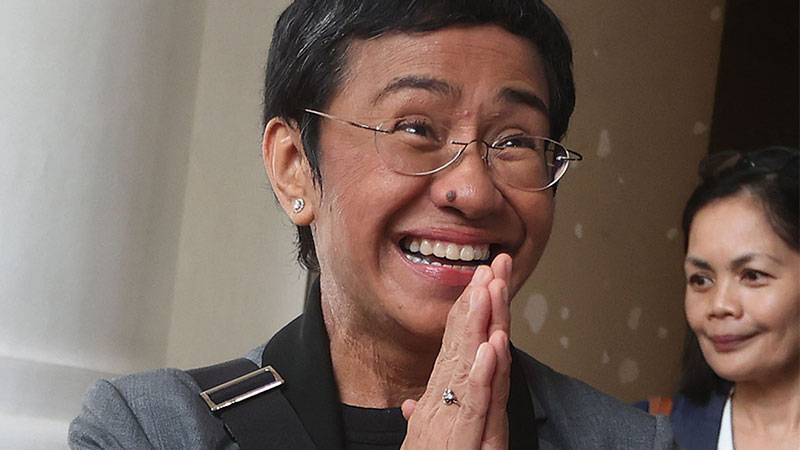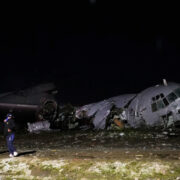Maria Ressa, Rappler cleared in last tax case

The Court of Tax Appeals (CTA) has upheld the acquittal of Nobel laureate Maria Ressa and her online news company, Rappler Holdings Corp. (RHC), in the last of their five tax evasion cases.
In a decision on July 16, the CTA’s Second Division junked “for lack of merit” the petition for certiorari filed by the Office of the Solicitor General in December last year.
The petition sought a reversal of the Pasig City Regional Trial Court (RTC) decision clearing Ressa and RHC of tax evasion over their alleged failure to correctly file and pay their taxable income for the second quarter of 2015. It also asked them to pay their value-added tax (VAT) dues for the period amounting to P294,258.58, with surcharge and interest fees.
‘Not a matter for certiorari’
But according to the tax court, it found “no grave abuse of discretion amounting to lack or excess of jurisdiction” on the part of Presiding Judge Ana Teresa Cornejo-Tomacruz of Pasig RTC Branch 157 when she dismissed the case on Sept.12, 2023.
“Records show the petitioner (OSG) was given an ample opportunity to present its case … and was able to present and formally offer its evidence,” read the 15-page decision.
“Absent any showing that there was mistrial that amounts to a denial of petitioner’s right to due process or that [Tomacruz] committed an error of jurisdiction in the appreciation of the evidence presented by the parties, certiorari will certainly not lie,” it added.
The tax court pointed out a certiorari is not the appropriate legal remedy for the OSG’s pleading to nullify the assailed RTC decision because a writ of certiorari is granted in cases when “the trial court blatantly abused its authority … as to deprive it of its very power to dispense justice.”
In maintaining the RTC ruling, the CTA cited a 2006 Supreme Court decision, explaining that “no grave abuse of discretion may be attributed to a court simply because of its alleged misapplication of facts and evidence, and erroneous conclusions based on said evidence.”
It added a certiorari petition is issued only “to correct errors of jurisdiction, and not errors or mistakes in the findings and conclusions of the trial court.”

















